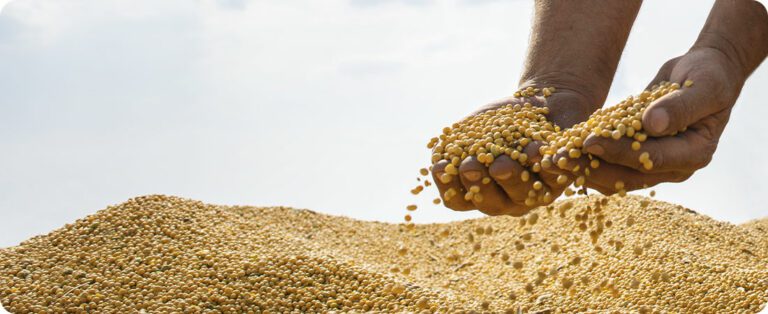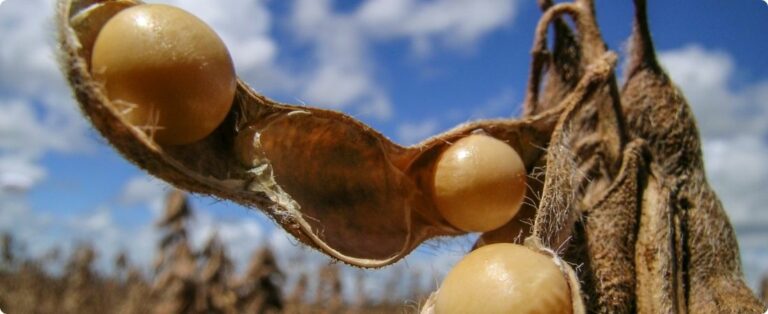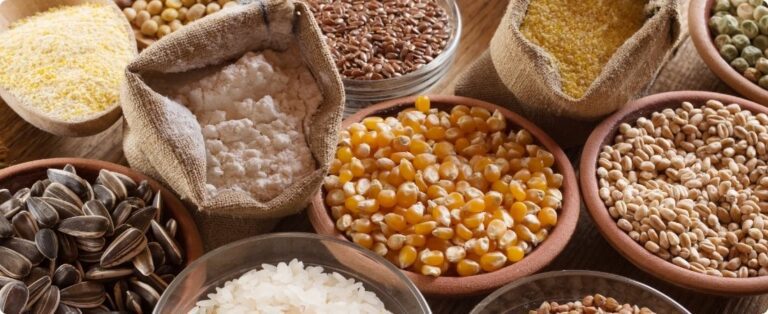
Image: Pixabay
Multiple and simultaneous action of mechanisms in different locations and processes.
The Brazilian subsidiary of the French group De Sangosse announced the registration in Brazil of the biofungicide Restrict, a multisite for the control of foliar diseases in more than 20 crops. According to the manufacturer, the product is part of the Bio Solutions line and helps manage resistance in crops, providing gains of up to 3.2 more bags of soybeans per hectare.
The biosolution brings the exclusive association of two bacteria, Bacillus amyloliquefaciens strain CPQBA 040-11DRM 01 and Bacillus amyloliquefaciens strain CPQBA 040-11DRM 04. It is a composition that generates multiple mechanisms of action for the plant's resistance to pathogens, as explained by Flávio Matarazzo, Development Director at De Sangosse.
“Directly, the product acts on fungi and bacteria, through competition for space and nutrients, antibiosis and antagonism, and indirectly, stimulating the plants' natural resistance and growth”, he points out.
{module Form RD}
Restrict's broad spectrum of control includes the following foliar diseases: Colletotrichum lindemuthianum (Anthracnose), Colletotrichum truncatum (Anthracnose), Corynespora cassiicola (Target spot), Phaeosphaeria maydis (Phaoeosphaeria leaf spot) and Ramularia areola (Ramularia). The crops served by the product are soybeans, beans, cotton, corn, sugar cane, citrus, coffee, bottled tomatoes, trailing tomatoes, potatoes, brassica vegetables, garlic, onions, carrots, strawberries, peppers and beets.
In relation to biological products indicated for the control of foliar diseases, the new biosolution brings several differences, ranging from its composition to its mode of action. “In addition to the mix of bacteria that has the capacity to produce biofilms to protect the plant, while most have only one microorganism, the high concentration of active ingredients in its liquid formulation brings a large load of metabolites and high aggressiveness of the two strains” , explains the director.
In contrast to chemical products recommended for the management of the same diseases, in addition to proven control efficiency, the Restrict® formulation offers operational ease. “It has high compatibility with other products, that is, with different pH ranges of insecticide, herbicide and fungicide sprays, for example. And it doesn’t require refrigerated storage”, highlights the professional.
The multisite effect of Restrict® occurs through the different metabolites produced in the multiplication of bacteria. They are: Surfactin, Marihysina, Heptamycina, Nobilamide, which will act on various structures of the fungal cell, such as respiration, protein synthesis and cell wall.
“This multiple and simultaneous action of mechanisms in different locations and processes in the fungal cell provides good control of pathogens with a low risk of creating resistance”, reinforces Matarazzo.
Restrict® achieved an increase in productivity in several crops, in relation to chemical fungicides applied to control anthracnose and leaf spots. In the soybean crop, the gain was 3.2 bags per hectare (sc/ha), in corn 4.4 sc/ha, in comparison with beans there was an increase of 1.5 sc/ha and, in the cotton crop, 1.5 sc/ha.
For the development director at De Sangosse, in addition to the gain in productivity, producers must observe the concepts of sustainability of the biological solution. “It has a low environmental impact and greater safety when handling the product in the field”, he adds. Restrict® has a phytonic, plant growth effect, has zero deficiency and in fruit crops the product does not leave residues on the fruits.
The professional emphasizes that in most cases it is important that Restrict® is applied together with site-specific fungicides, as the solution will be used as a protective fungicide, in the same way as chemical protectants. “It is also extremely important to have good application technology so that the product is well distributed in the field, and to avoid application together with bactericides, which affect the bacteria in the product”, he concludes.
Source: Leonardo Gottems | agrolink















